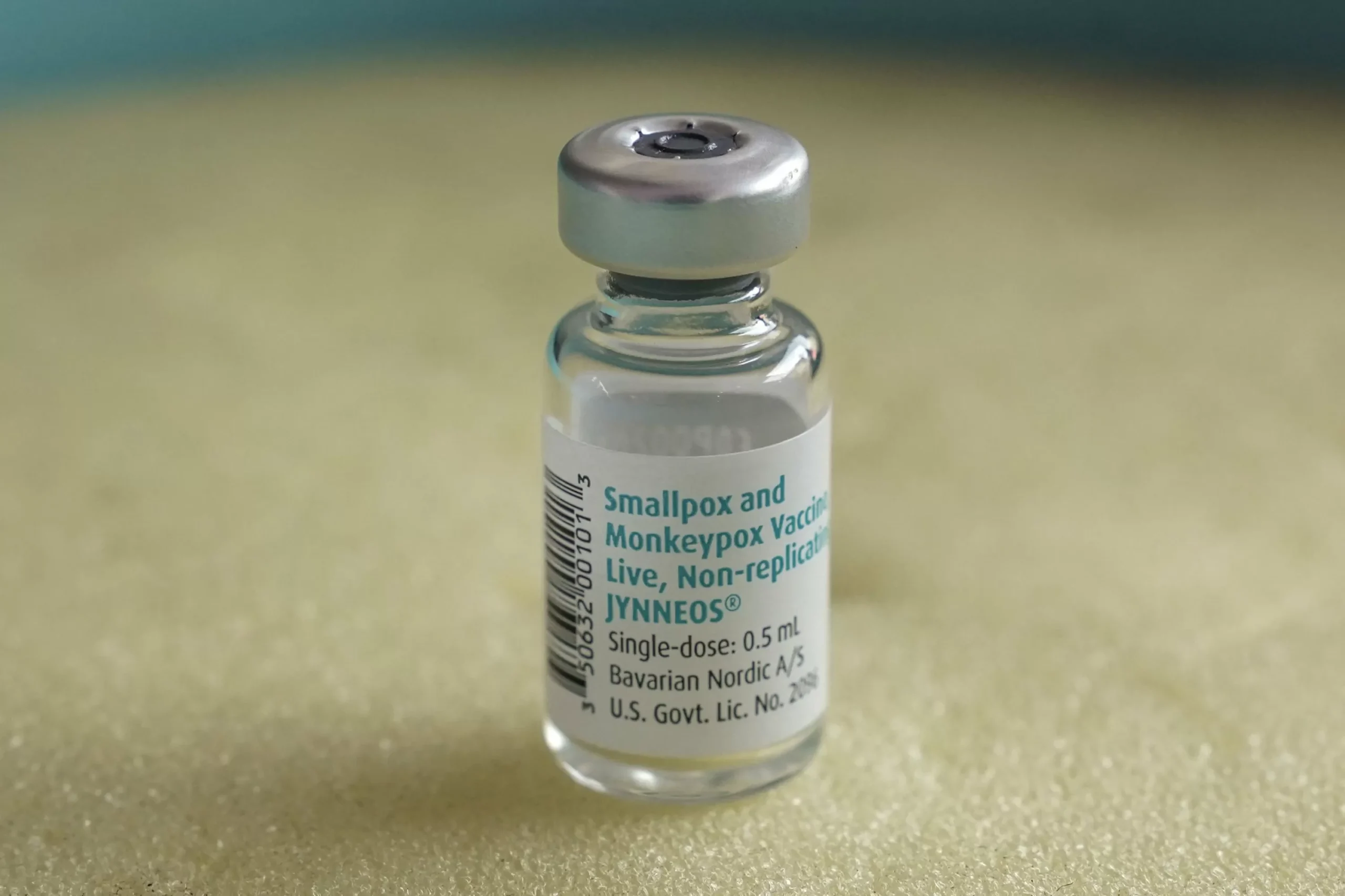The Democratic Republic of Congo (DRC) has been facing a major health crisis as the country struggles to contain the spread of mpox, a highly contagious and deadly disease. With the number of cases on the rise across the nation, the government has been working tirelessly to launch a vaccination campaign in the capital city of Kinshasa. However, this effort has been met with a major obstacle – a shortage of vaccine doses.
The situation in Kinshasa is dire, with hospitals overflowing and medical supplies running low. The city, which is home to over 11 million people, has been hit hard by the mpox outbreak, and the need for a vaccination campaign is urgent. The government, along with the World Health Organization (WHO), had planned to launch the campaign in early October, but the shortage of vaccine doses has delayed the process.
Mpox, also known as monkeypox, is a viral disease that is spread through direct contact with infected animals or humans. It can cause a range of symptoms, from fever and rash to severe respiratory distress and even death. In the DRC, the disease has been particularly devastating, with over 6,000 confirmed cases and 300 deaths reported since the beginning of the year.
The shortage of vaccine doses in Kinshasa is a major setback for the government’s efforts to control the outbreak. The DRC had received 100,000 doses of the mpox vaccine from the WHO, but these were quickly used up in other parts of the country. The government had requested an additional 100,000 doses, but so far, only 5,000 have been delivered. This is simply not enough to cover the population of Kinshasa, let alone the entire country.
The shortage of vaccine doses is a result of the global supply chain disruptions caused by the COVID-19 pandemic. Many countries have been facing challenges in procuring vaccines and other medical supplies, and the DRC is no exception. The government has been working closely with the WHO and other international organizations to secure more doses, but the process is slow and complicated.
Despite this setback, the government remains determined to launch the vaccination campaign in Kinshasa as soon as possible. The Ministry of Health has been working with local health authorities to identify priority areas and communities where the vaccine will be administered first. They have also been conducting awareness campaigns to educate the public about the importance of getting vaccinated and how to prevent the spread of the disease.
In the meantime, the government is also taking other measures to contain the outbreak in Kinshasa. These include increased surveillance and monitoring of suspected cases, as well as providing medical treatment and support to those affected. The Ministry of Health has also urged people to practice good hygiene and avoid contact with wild animals, which are known carriers of the mpox virus.
The shortage of vaccine doses in Kinshasa is undoubtedly a major setback in the fight against mpox, but it is not a lost cause. The government, with the support of the international community, is doing everything in its power to secure more doses and contain the outbreak. The DRC has faced many challenges in the past, but the resilience and determination of its people have always prevailed. This time will be no different.
It is important to remember that the success of the vaccination campaign in Kinshasa will not only benefit the city but the entire nation. The DRC is a vast country, and the spread of mpox in Kinshasa could easily lead to a nationwide health crisis. Therefore, it is crucial that the government’s efforts to control the outbreak in the capital are supported and encouraged.
In conclusion, the Democratic Republic of Congo is facing a challenging situation as it struggles to launch a mpox vaccination campaign in Kinshasa. The shortage of vaccine doses is a major obstacle, but the government remains committed to containing the outbreak and protecting its citizens. With the support of the international community and the determination of the Congolese people, we are confident that this crisis will be overcome, and the country will emerge stronger and more resilient than ever before.





![Complete BritRail Pass Guide [Types, How to Use It, Pros + Cons]](https://inside-news.uk/wp-content/uploads/2025/06/00221EB4-BCA2-4DBB-6CD4-83DBC37D71FA-120x86.webp)
















